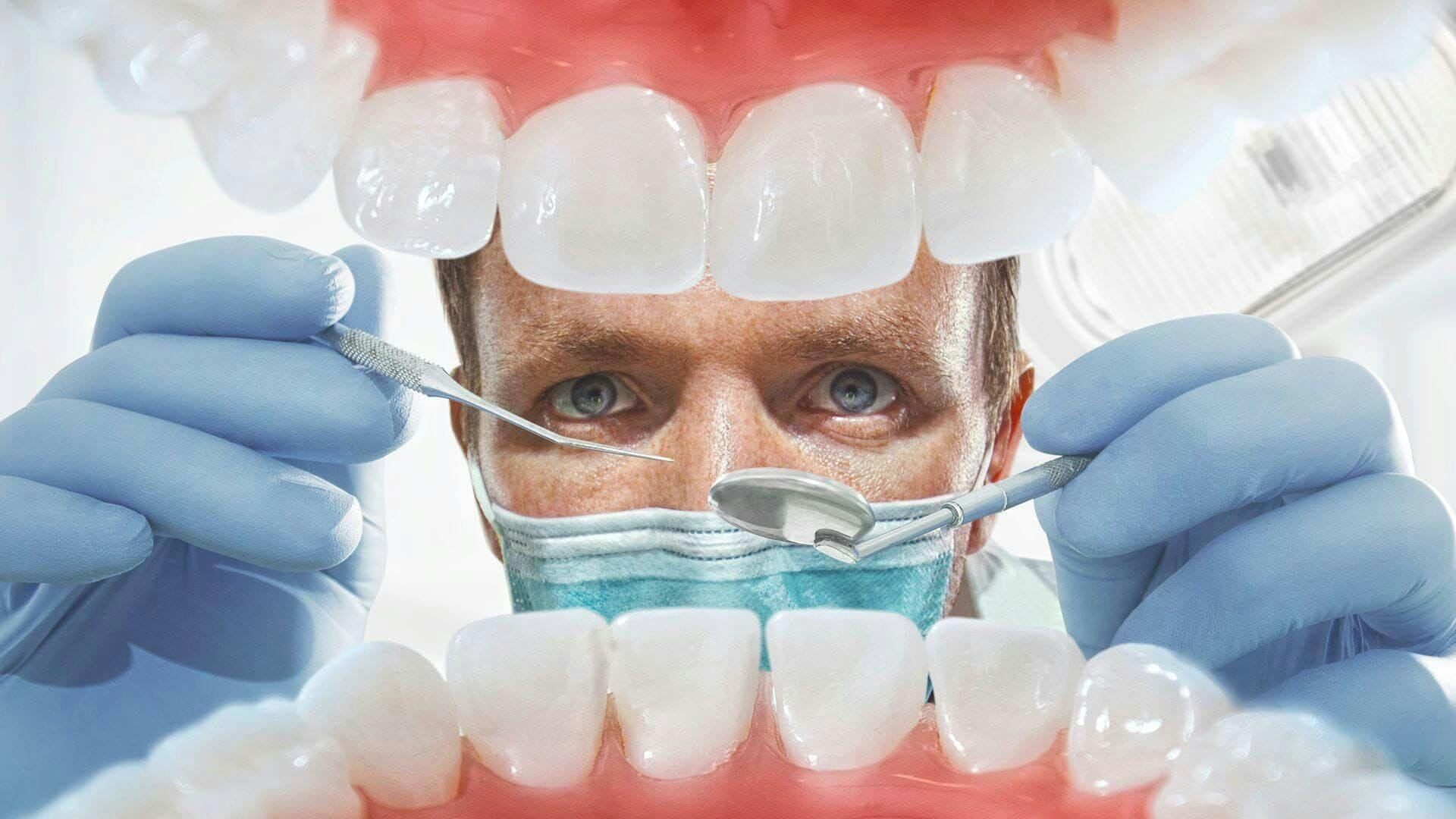Typical Concerns Regarding Oral Veneers Addressed
Dental veneers have actually become a significantly sought-after option for those looking to boost their smiles, yet numerous people stay unpredictable about various aspects of their use. As we check out these typical questions, it ends up being vital to take into consideration not just the advantages but likewise the effects of choosing for oral veneers in pursuit of a much more confident look.
What Are Oral Veneers?
Dental veneers are thin, custom-made shells crafted from porcelain or composite material that are created to cover the front surface of teeth. These dental prosthetics offer both useful and visual purposes, offering a solution for numerous dental imperfections, including discoloration, chips, gaps, and imbalance. By sticking to the teeth, veneers can considerably enhance the overall appearance of a smile, creating a more appealing and uniform look.
Porcelain veneers are especially preferred for their natural clarity and tarnish resistance, making them a perfect option for people looking for lasting outcomes. On the other hand, composite resin veneers are generally less pricey and can be used in a solitary visit, but they may not provide the very same durability as porcelain options.
The decision to choose oral veneers usually stems from a desire for visual renovation, yet people should also take into consideration variables such as the long life of the product, upkeep needs, and the potential requirement for tooth reduction (Low Cost Veneers). Ultimately, dental veneers represent a reliable and flexible solution for achieving a radiant smile, satisfying individual aesthetic requirements while promoting confidence and self-worth
Exactly How Are Veneers Applied?
The application process for veneers requires cautious preparation and accuracy to ensure optimal outcomes. The treatment usually starts with an extensive consultation, where the dental practitioner reviews the individual's dental health, talks about wanted outcomes, and establishes the suitable type of veneers, whether porcelain or composite material.
Once the therapy plan is developed, the dental expert prepares the teeth by removing a thin layer of enamel, normally concerning 0.5 mm to 1 mm, to accommodate the veneer. This action is important as it ensures a correct fit and stops the veneers from appearing cumbersome - Dental Veneers. After prep work, perceptions of the teeth are taken to create custom-made veneers that match the client's one-of-a-kind dental framework and visual choices
While the permanent veneers are being made in a dental laboratory, short-lived veneers might be placed to safeguard the ready teeth. Once the permanent veneers are all set, the dental professional will very carefully bond them to the teeth using a solid dental adhesive.
What Are the Conveniences?

Additionally, veneers are understood for their longevity and resistance to tarnishing compared to natural teeth. Made from high-quality products such as porcelain or composite material, have a peek at this website they can keep their look for years with proper care. This long life makes them a functional investment in one's dental appearance.
In addition to aesthetic improvements, veneers can also add to improved dental health and wellness. By covering damaged or weakened teeth, they can provide added support and defense, helping to protect against further decay or wear and tear. This safety element can lower the requirement click this for more extensive oral treatments in the future.

For How Long Do They Last?
With appropriate treatment and upkeep, dental veneers can last anywhere from 10 to 15 years, making them a long-lasting remedy for improving one's smile. The durability of veneers largely relies on the product utilized, the quality of the preliminary placement, and the person's adherence to oral health techniques.
Porcelain veneers are known for their sturdiness and resistance to discoloration, normally lasting closer to the 15-year mark when cared for properly. Compound veneers, while a lot more affordable, may need substitute quicker, typically within 5 to one decade because of their vulnerability to put on and discoloration.

In addition, using a mouthguard throughout sporting activities or nighttime can offer added protection. Ultimately, while veneers supply a considerable visual improvement, their durability is significantly influenced by the commitment to appropriate dental care and routine examinations with a dental professional.
Are There Any Threats?
Thinking about the transformative results of dental veneers, it's crucial to recognize the possible dangers connected with their application. While veneers can improve the appearance of teeth, the procedure involves the removal of a thin layer of enamel, which can enhance tooth level of sensitivity and susceptability to decay.
One considerable threat is the opportunity of incorrect placement or fitting, leading to pain, bite imbalance, or also damage to the underlying tooth structure. In addition, if the veneers are not maintained effectively, they can become tarnished or damaged in time, necessitating replacement.
Individuals may also experience sensitive reactions to the products utilized in the veneers, specifically if useful link they have level of sensitivities to certain oral compounds. Furthermore, while veneers are resilient, they are not undestroyable; excessive pressure from grinding or clinching can bring about cracks.
It is vital for people to talk to a qualified dental expert to assess their individual risks and to adhere to aftercare directions carefully. By understanding these dangers, people can make enlightened decisions concerning their dental veneer treatment and make sure the long life and success of their enhancements.
Conclusion
In recap, oral veneers stand for a valuable cosmetic service for improving smiles, with factors to consider regarding their application, advantages, long life, and connected risks. Their efficiency is affected by variables such as the choice of product, with porcelain offering exceptional toughness contrasted to composite choices. Appropriate treatment and upkeep are vital to maximize the life-span of veneers. Eventually, notified decision-making pertaining to dental veneers can cause satisfactory aesthetic results and enhanced dental health.
Oral veneers are thin, customized coverings crafted from porcelain or composite resin that are made to cover the front surface of teeth. After prep work, impressions of the teeth are taken to create personalized veneers that match the individual's unique oral framework and visual choices.
While the irreversible veneers are being produced in an oral laboratory, temporary veneers might be put to secure the ready teeth. When the irreversible veneers are ready, the dentist will thoroughly bond them to the teeth using a solid dental adhesive. Inevitably, educated decision-making concerning oral veneers can lead to satisfying aesthetic outcomes and enhanced dental health.